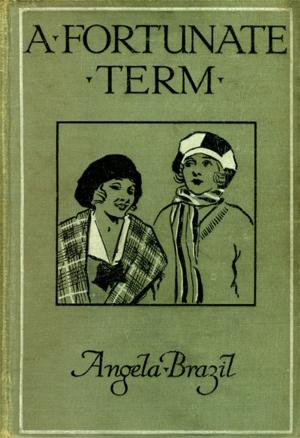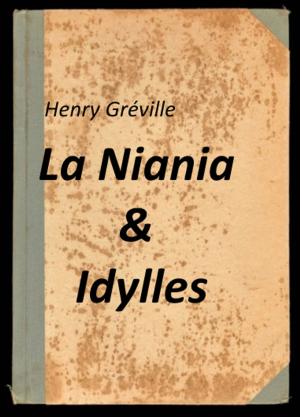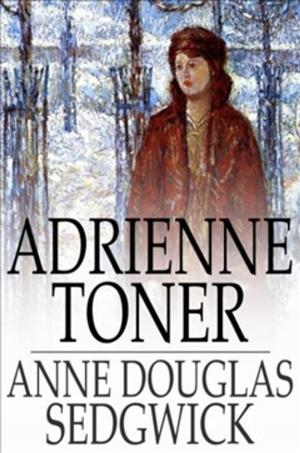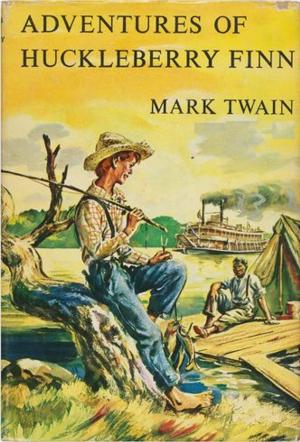| Author: | J. S. FLETCHER | ISBN: | 1230002425948 |
| Publisher: | Jwarlal | Publication: | July 13, 2018 |
| Imprint: | Language: | English |
| Author: | J. S. FLETCHER |
| ISBN: | 1230002425948 |
| Publisher: | Jwarlal |
| Publication: | July 13, 2018 |
| Imprint: | |
| Language: | English |
But there had soon been something else to talk of. It sprang out of the accident—and it was of particular interest to persons who, like Linford Pratt, were of the legal profession. John Mallathorpe, so far as anybody knew or could ascertain, had died intestate. No solicitor in the town had ever made a will for him. No solicitor elsewhere had ever made a will for him. No one had ever heard that he had made a will for himself. There was no will. Drastic search of his safes, his desks, his drawers revealed nothing—not even a memorandum. No friend of his had ever heard him mention a will. He had always been something of a queer man. He was a confirmed bachelor. The only relation he had in the world was his sister-in-law, the widow of his deceased younger brother, and her two children—a son and a daughter. And as soon as he was dead, and it was plain that he had died intestate, they put in their claim to his property.
John Mallathorpe had left a handsome property. He had been making money all his life. His business was a considerable one—he employed two thousand workpeople. His average annual profit from his mills was reckoned in thousands—four or five thousands at least. And some years before his death, he had bought one of the finest estates in the neighbourhood, Normandale Grange, a beautiful old house, set amidst charming and romantic scenery in a valley, which, though within twelve miles of Barford, might have been in the heart of the Highlands. Therefore, it was no small thing that Mrs. Richard Mallathorpe and her two children laid claim to. Up to the time of John Mallathorpe's death, they had lived in very humble fashion—lived, indeed, on an allowance from their well-to-do kinsman—for Richard Mallathorpe had been as much of a waster as his brother had been of a money-getter. And there was no withstanding their claim when it was finally decided that John Mallathorpe had died intestate—no withstanding that, at any rate, of the nephew and niece. The nephew had taken all the real estate: he and his sister had shared the personal property. And for some months they and their mother had been safely installed at Normandale Grange, and in full possession of the dead man's wealth and business.
All this flashed through Linford Pratt's mind in a few seconds—he knew all the story: he had often thought of the extraordinary good fortune of those young people. To be living on charity one week—and the next to be legal possessors of thousands a year!—oh, if only such luck would come his way!
"Of course!" he repeated, looking thoughtfully at the old bookseller. "Not the sort of thing one does forget in a hurry, Mr. Bartle. What of it?"
Antony Bartle leaned back in his easy chair and chuckled—something, some idea, seemed to be affording him amusement.
But there had soon been something else to talk of. It sprang out of the accident—and it was of particular interest to persons who, like Linford Pratt, were of the legal profession. John Mallathorpe, so far as anybody knew or could ascertain, had died intestate. No solicitor in the town had ever made a will for him. No solicitor elsewhere had ever made a will for him. No one had ever heard that he had made a will for himself. There was no will. Drastic search of his safes, his desks, his drawers revealed nothing—not even a memorandum. No friend of his had ever heard him mention a will. He had always been something of a queer man. He was a confirmed bachelor. The only relation he had in the world was his sister-in-law, the widow of his deceased younger brother, and her two children—a son and a daughter. And as soon as he was dead, and it was plain that he had died intestate, they put in their claim to his property.
John Mallathorpe had left a handsome property. He had been making money all his life. His business was a considerable one—he employed two thousand workpeople. His average annual profit from his mills was reckoned in thousands—four or five thousands at least. And some years before his death, he had bought one of the finest estates in the neighbourhood, Normandale Grange, a beautiful old house, set amidst charming and romantic scenery in a valley, which, though within twelve miles of Barford, might have been in the heart of the Highlands. Therefore, it was no small thing that Mrs. Richard Mallathorpe and her two children laid claim to. Up to the time of John Mallathorpe's death, they had lived in very humble fashion—lived, indeed, on an allowance from their well-to-do kinsman—for Richard Mallathorpe had been as much of a waster as his brother had been of a money-getter. And there was no withstanding their claim when it was finally decided that John Mallathorpe had died intestate—no withstanding that, at any rate, of the nephew and niece. The nephew had taken all the real estate: he and his sister had shared the personal property. And for some months they and their mother had been safely installed at Normandale Grange, and in full possession of the dead man's wealth and business.
All this flashed through Linford Pratt's mind in a few seconds—he knew all the story: he had often thought of the extraordinary good fortune of those young people. To be living on charity one week—and the next to be legal possessors of thousands a year!—oh, if only such luck would come his way!
"Of course!" he repeated, looking thoughtfully at the old bookseller. "Not the sort of thing one does forget in a hurry, Mr. Bartle. What of it?"
Antony Bartle leaned back in his easy chair and chuckled—something, some idea, seemed to be affording him amusement.















